Previously, we discussed how/why a Nevada-based merchant is permitted to detain a customer thought to have committed a crime in the store. It might be best to discuss how false imprisonment liability attaches to casino employees and their employers.
Casino False Imprisonment
The Nevada legislature has passed specific legislation for casinos, being as they are such an important part of the Nevada economy. Below are the pertinent parts of the relevant statutes, (Chapter 465 concerns crimes and liabilities in gaming):
NRS 465.101 Detention and questioning of person suspected of violating chapter; limitations on liability; posting of notice.
1. Any licensee, or the officers, employees or agents of the licensee may question any person in the licensee’s establishment suspected of violating any of the provisions of this chapter. No licensee or any of the officers, employees or agents of the licensee is criminally or civilly liable:
(a) On account of any such questioning; or
(b) For reporting to the State Gaming Control Board or law enforcement authorities the person suspected of the violation.
2. Any licensee or any of the officers, employees or agents of the licensee who has probable cause for believing that there has been a violation of this chapter in the licensee’s establishment by any person may take that person into custody and detain that person in the establishment in a reasonable manner and for a reasonable length of time. Such a taking into custody and detention does not render the licensee or the officers, employees or agents of the licensee criminally or civilly liable unless it is established by clear and convincing evidence that the taking into custody and detention are unreasonable under all the circumstances.
3. No licensee or the officers, employees or agents of the licensee are entitled to the immunity from liability provided for in subsection 2 unless there is displayed in a conspicuous place in the licensee’s establishment a notice in boldface type clearly legible and in substantially this form:
Any gaming licensee, or any of the officers, employees or agents of the gaming licensee who has probable cause for believing that any person has violated any provision of chapter 465 of NRS prohibiting cheating in gaming may detain that person in the establishment.
False imprisonment liability (among other liabilities) for casinos is important enough of an issue that the legislature included similar language in the chapter section discussing the “investigation of suspected criminal activity”:
NRS 171.1235 Gaming licensee may detain person suspected of having committed felony in gaming establishment.
2. Any licensee or the licensee’s officers, employees or agents may take into custody and detain any person when such licensee or the licensee’s officers, employees or agents have reasonable cause to believe the person detained has committed a felony, whether or not in the presence of such licensee or the licensee’s officers, employees or agents.
3. Detention pursuant to this section shall be in the establishment, in a reasonable manner, for a reasonable length of time and solely for the purpose of notifying a peace officer. Such taking into custody and detention shall not render the licensee or the licensee’s officers, employees or agents criminally or civilly liable for false arrest, false imprisonment, slander or unlawful detention unless such taking into custody and detention are unreasonable under all the circumstances.
4. No licensee or the licensee’s officers, employees or agents are entitled to the immunity from liability provided for in this section unless there is displayed in a conspicuous place in the establishment a notice in boldface type clearly legible and in substantially this form:
Any gaming licensee or the licensee’s officers, employees or agents who have reasonable cause to believe that any person has committed a felony may detain such person in the establishment for the purpose of notifying a peace officer.
The Distinction from a Shopkeeper’s Right to Detain
The language is similar to that permitting a shopkeeper to detain a customer suspected of theft in a reasonable manner for a reasonable amount of time. In fact that very language is used in subsection 2, of NRS 465.101. It is important to know that although casinos are a valued part of the Nevada economy, their employees are expected to behave in a reasonable manner just like anyone else.
However subsection 2 of NRS 465.101, contains language that provides specific agents of casinos more authority than employees of other establishments to investigate specific crimes. If casino employee has “probable cause” that a guest violated the laws governing casinos, he or she “may question” and detain the suspect, within reason. The statute goes on to say that the casino employees are not liable to criminal or civil charges unless there is “clear and convincing evidence that the taking into custody and detention are unreasonable under all the circumstances.”
“Clear and convincing” is a term of art in civil law. If a ‘propensity of the evidence’ (or a Ted Wells’ “more probable than not”) standard means something occurred at a 51% likelihood, “clear and convincing” is a relatively higher threshold, similar in percentage to a super-majority in electoral politics.
Allow me to bottom-line it for you. The actions by the casino employee must be egregious before there will be civil liability. This begs the question of if the legislature has insulted casinos and their employees from liability. This is not the case. There are examples of juries in Nevada in the previous ten years awarding compensation to victims. For instance, in one case, a casino's employees chained a suspect to the floor. In another case, a guest was detained for cursing at a casino employee after being asked to leave. These are examples of behavior that is “unreasonable under all circumstances.”
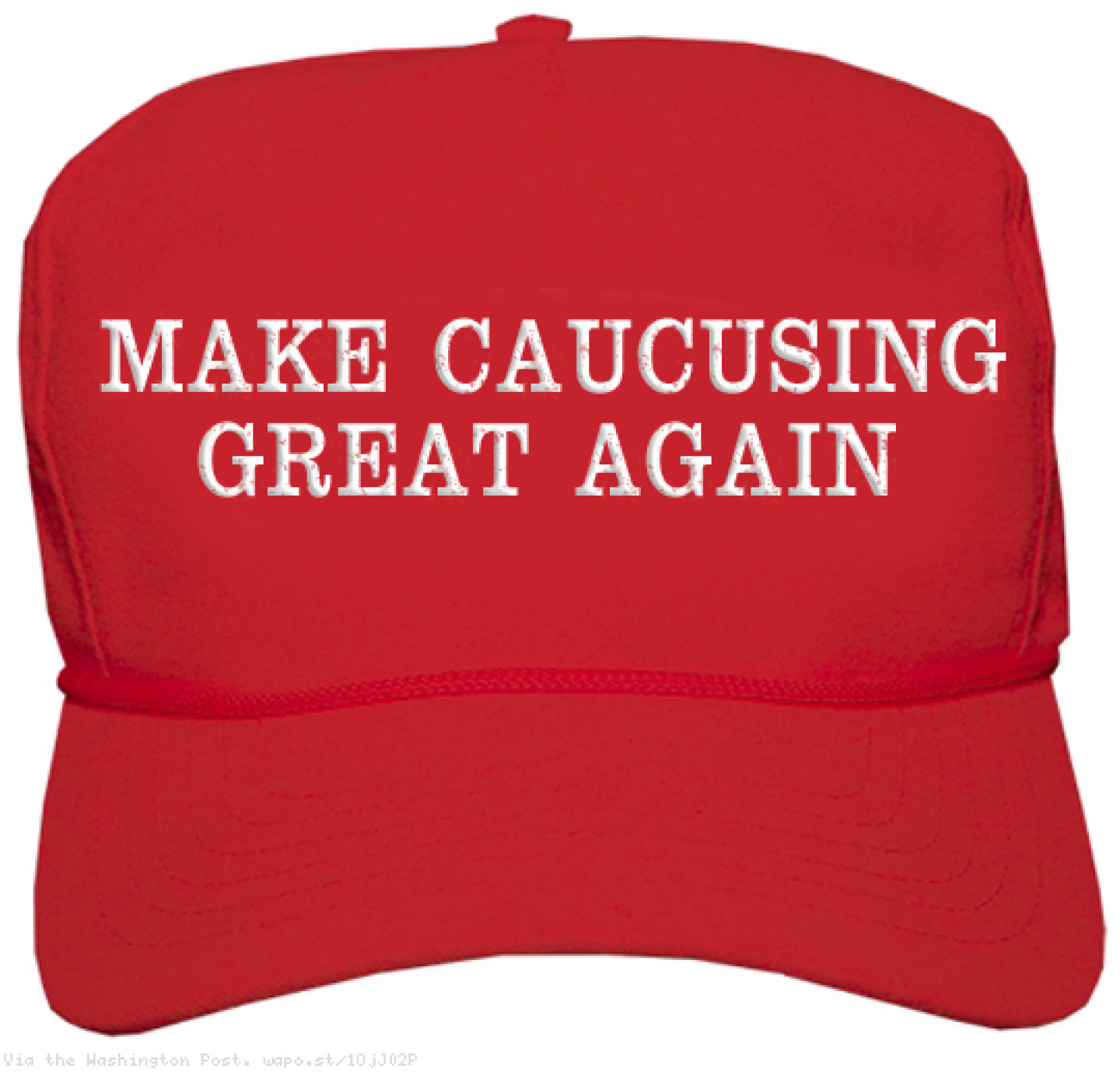
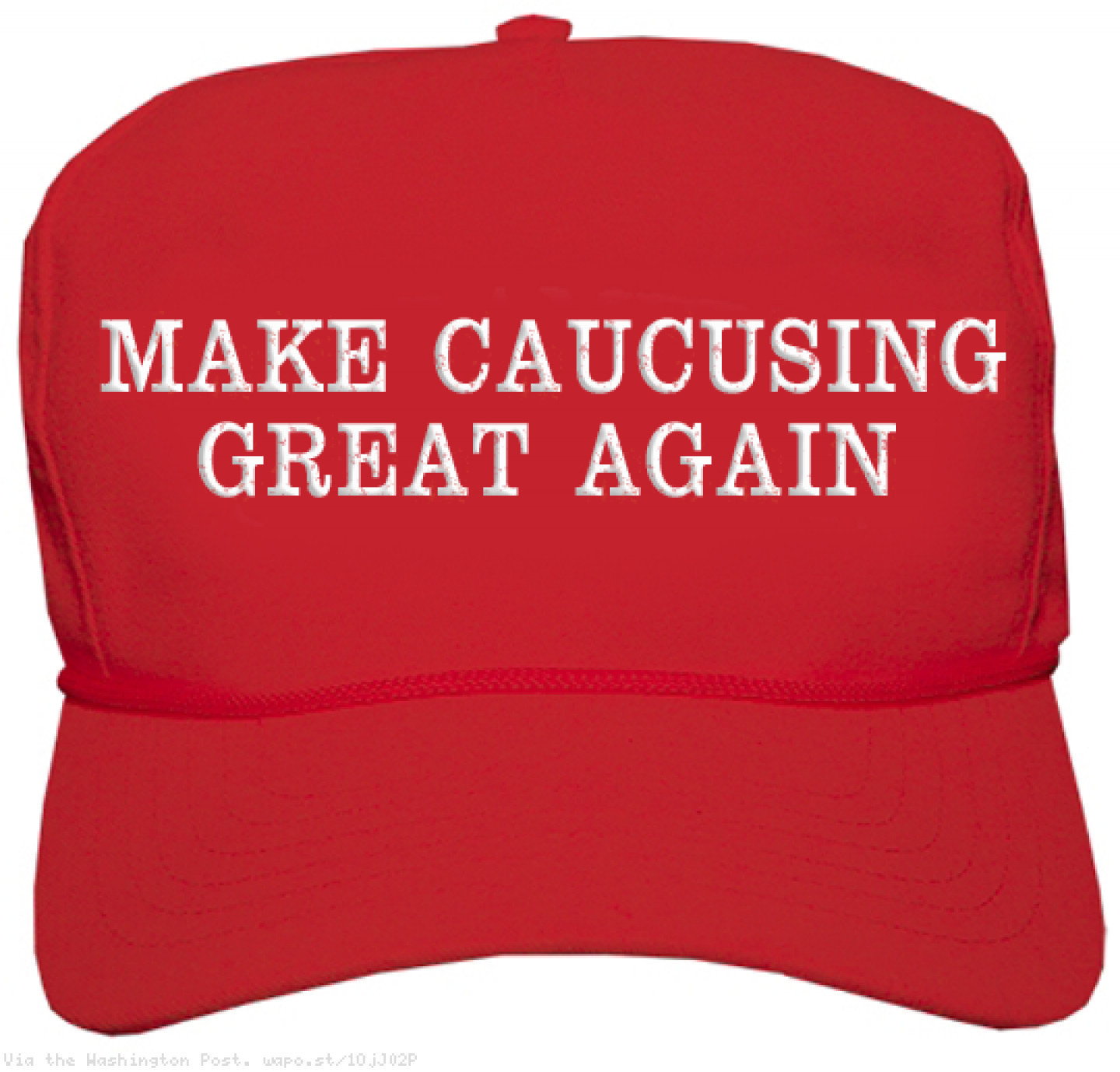
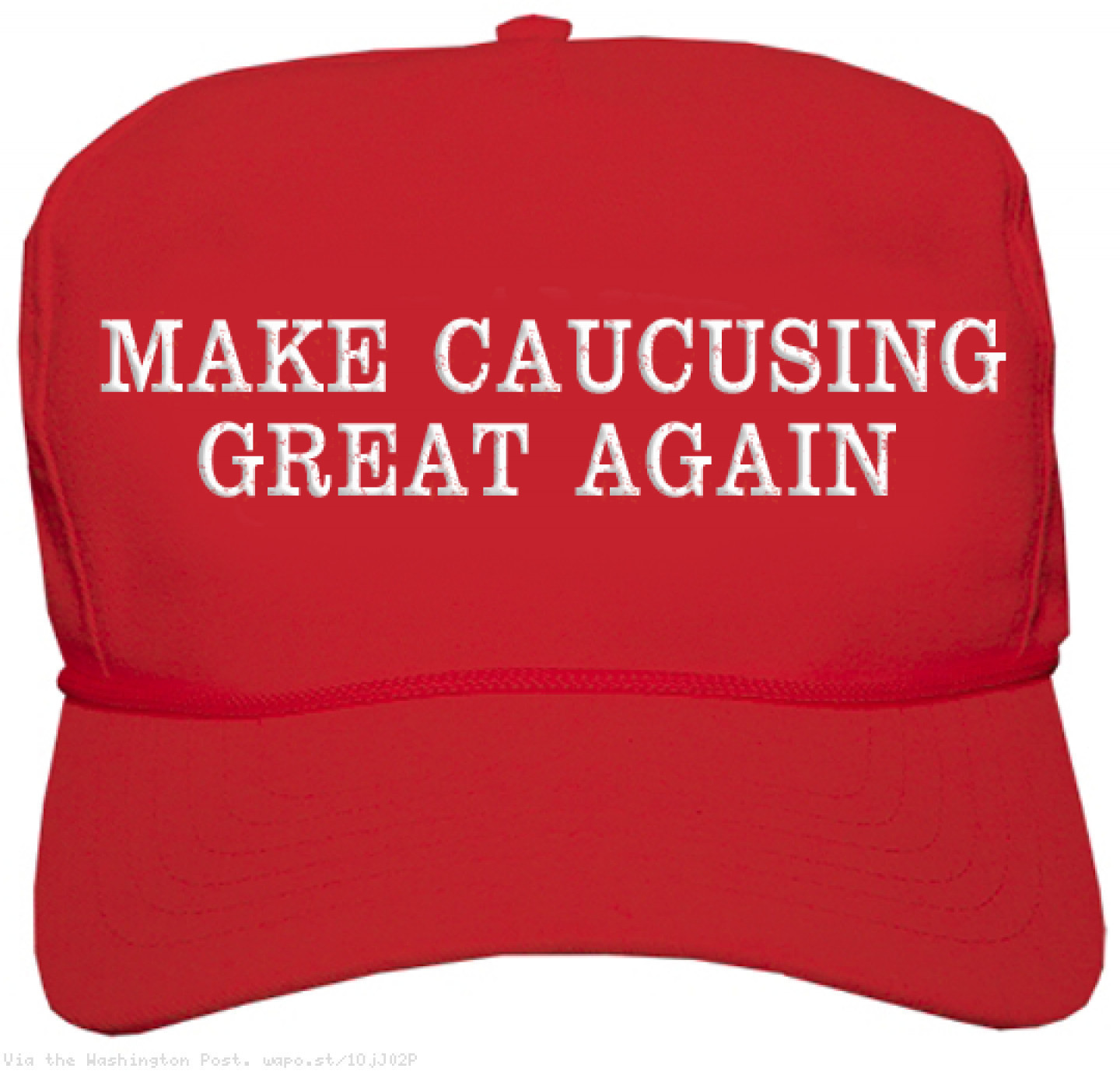
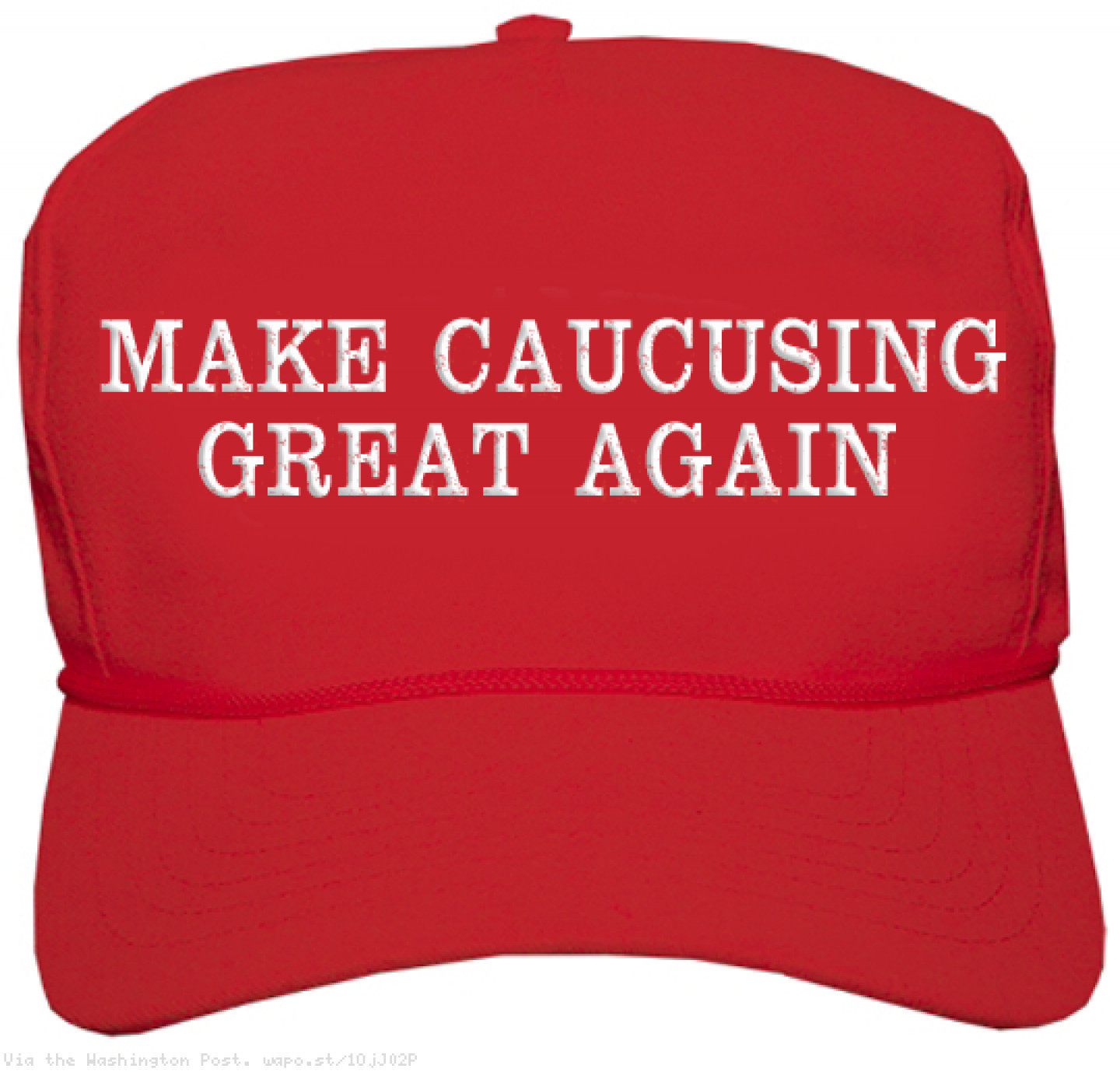
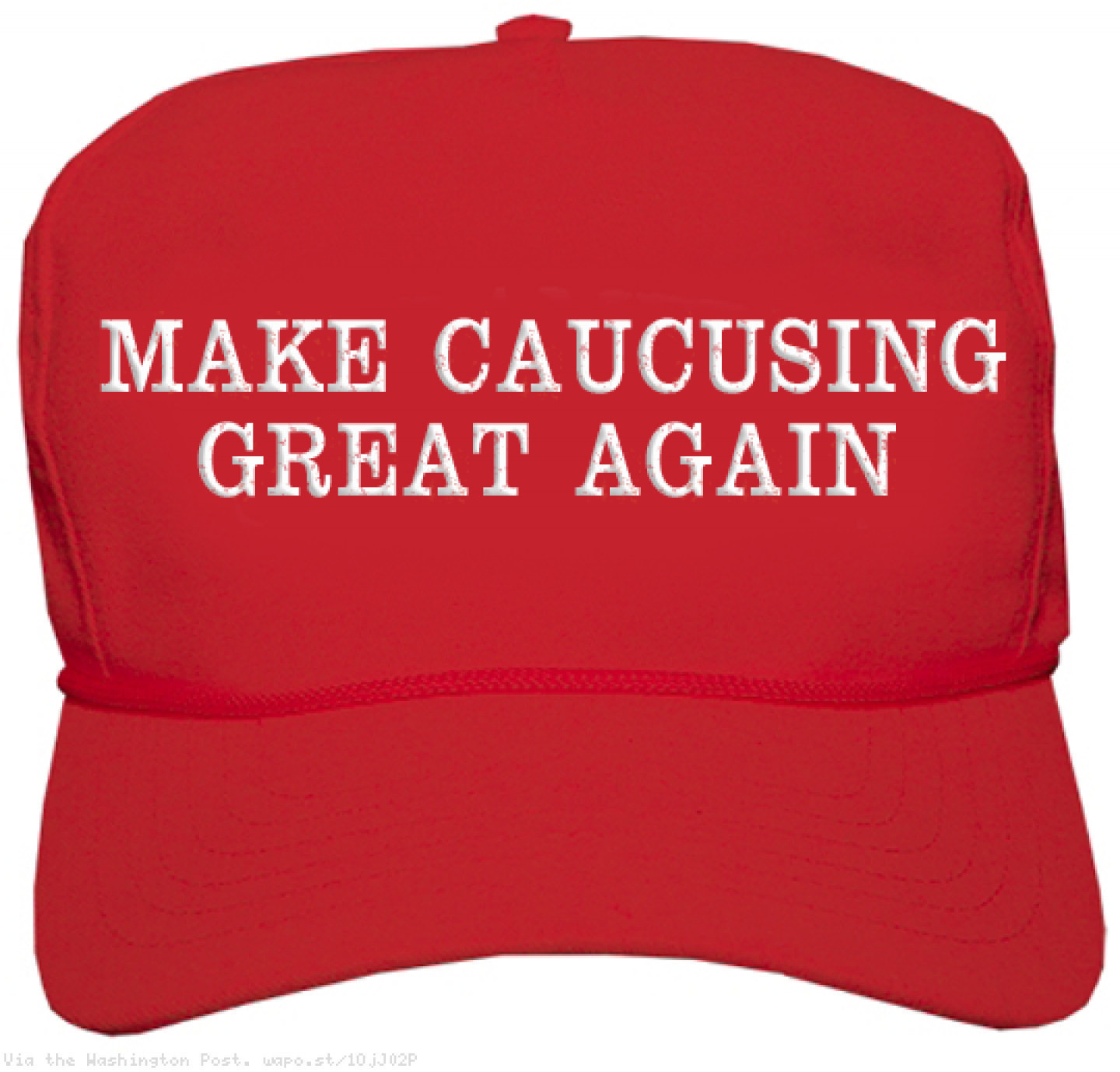


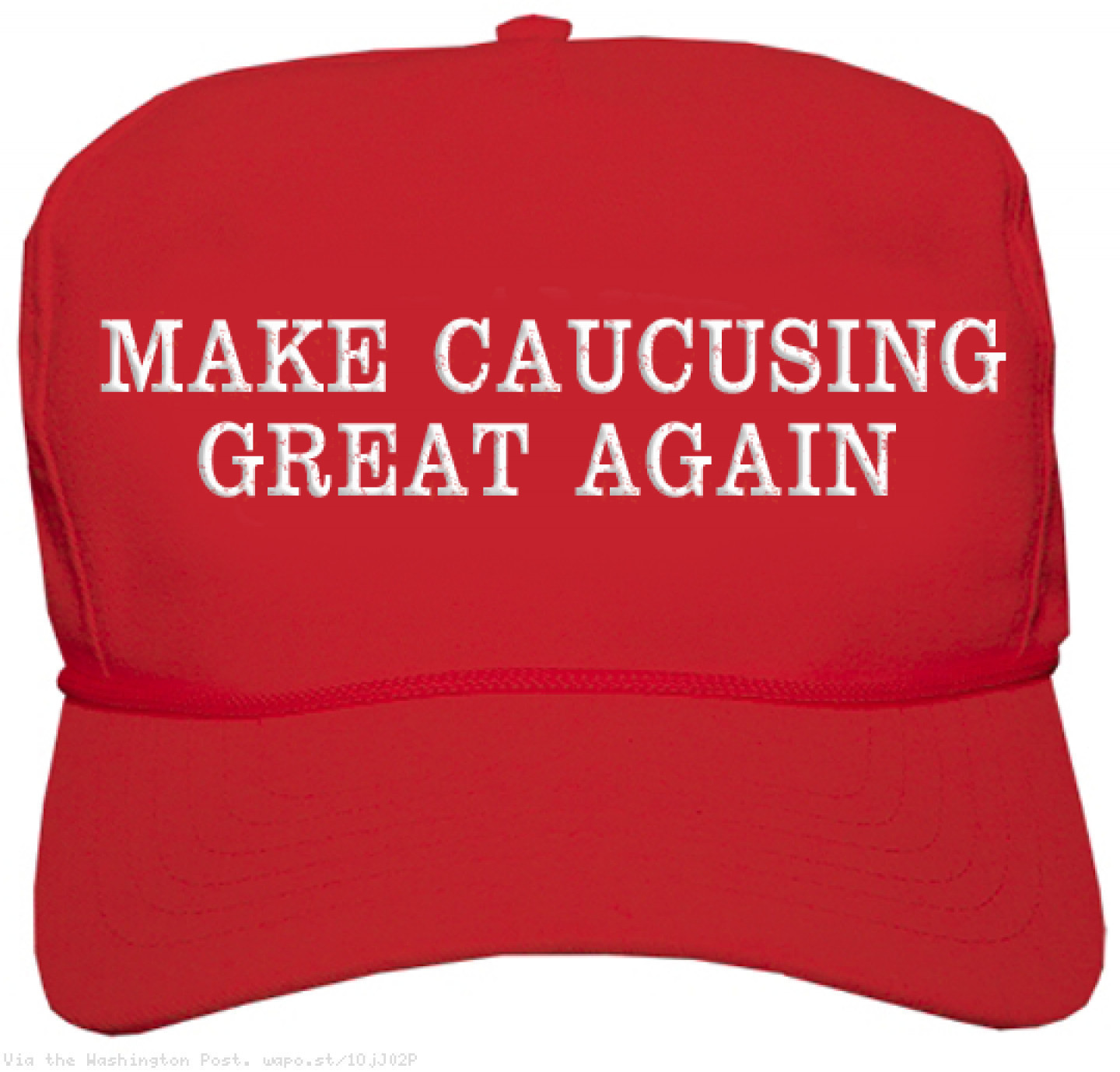
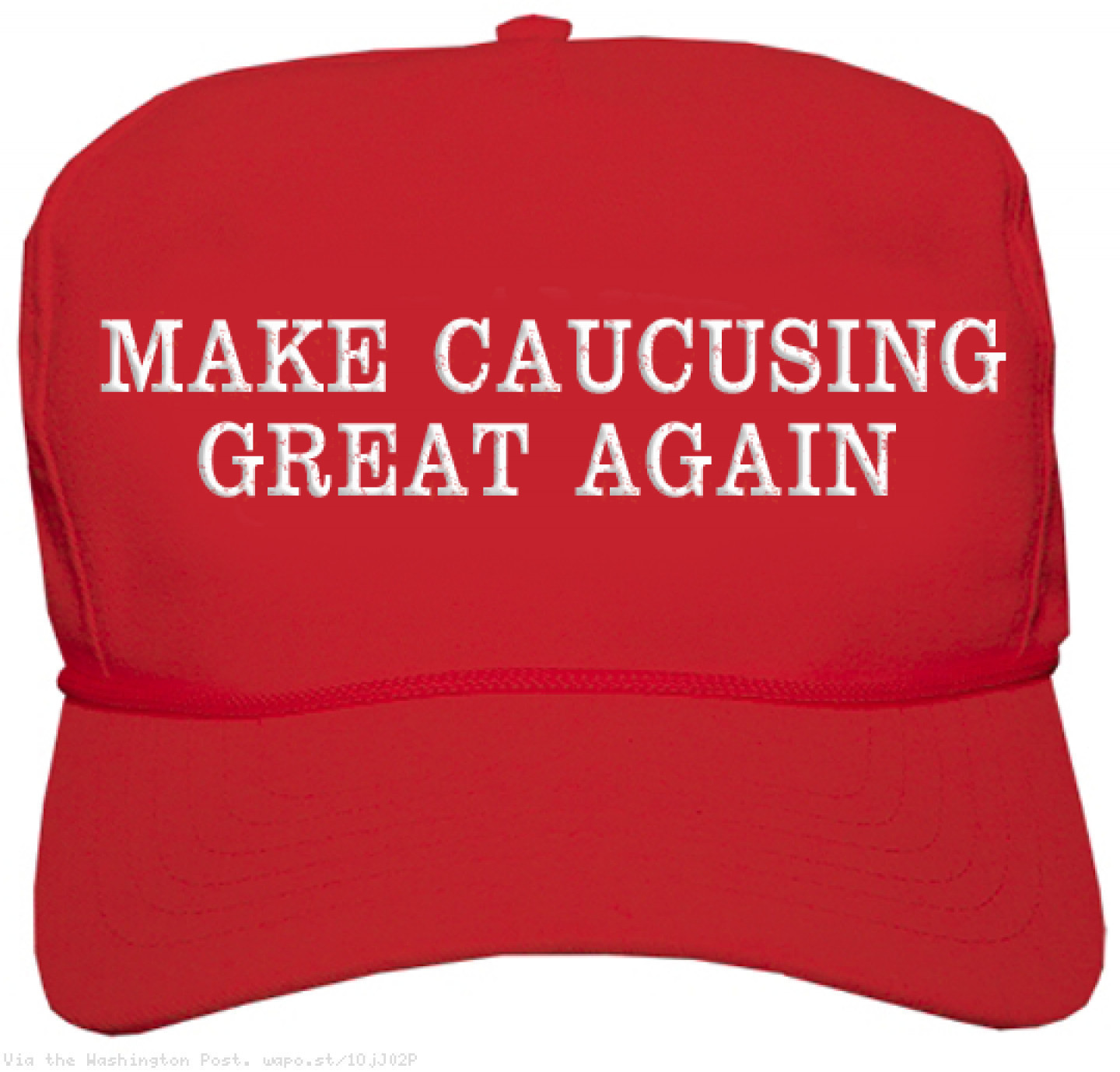

Online Comments and Defamation, Are You At Risk?
How safe is it to share your opinions online? Just because you see lots of other folks online stating things that look defamatory, does that mean you cannot be sued? First we will discuss what defamation is, how best to understand it in our online comment era, and finally, how Nevada law protects the rights of her citizens to express their opinions online.
What is Defamation?
Defamation is a false statement of fact that causes damage to another, usually financial or reputational damage. There are two types of defamation:
Slander: verbal defamation
Libel: written defamation
Written defamation, libel, includes what is written in print and online. Because we are concerned with online comments, this will be a discussion of libel.
Because libel must be a false statement of fact, if you can prove you were telling the truth, the libel case will not stand. This is an easy defense to a libel accusation. There is a second common defense to a libel suit, that the alleged statement was one of opinion, not fact. This is where things get tricky..
The Statement of Opinion Defense to Defamation
On its face, it seems that it would be easy to determine if a statement is one of fact or opinion.
For example, “Steven (not based on any real person!) is not nice to the people around him” is an opinion and therefore, not defamation.
“Steven stole $100 from a little old lady” is a factual statement, and if it were to cause damage to Steven’s life (like if you uttered this statement to Steven’s boss and he lost his job), then the statement could very well be libel.
Ok simple enough, right? But what if the statement is factual, but couched in the form of an opinion? “I think Steven stole $100 from a little old lady.” The law will not permit you to defame someone just by adding the “I think” qualifier; specific defamatory statements (expressed as an opinion) that caused harm for the subject of the statement could indeed be defamatory. It all depends on the circumstances (a la, you may need an attorney’s assistance at this juncture).
Now I ask you to consider our current age, where folks use many different internet forums (Facebook, Yelp, Twitter, just to name a few), to express their opinions not only about other people, but about the products and services of corporations. How do you think very wealthy corporations respond online comments they feel are defamatory?
Nevada’s anti-SLAPP Legislation
The Nevada legislature has passed a law to protect its citizens from Strategic Lawsuits to Prevent Public Participation (called SLAPP lawsuits). Nevada’s anti-SLAPP law is one of the most stringent anti-SLAPP laws in the country. A few highlights from the updated 2013 law:
A Potential Revision to the Anti-SLAPP law?
Before you close out this window and give a corporation a piece of your mind, know that there may be yet another change on the horizon. In late April of 2015, the Nevada Senate held hearing discussing Senate Bill 444, which would revise the current statute and possibly scale back the protections of the current law. The bill made it out of the Nevada Senate with an unanimous vote, and is currently being debated in the Assembly.
In the same way you do not evaluate the quality of a sausage until it has a casing, we will have to wait and see what becomes of Senate bill 444 before drawing any conclusions. Regardless, use prudence as you make your online comments; once submitted, you will not be able to prevent the consequences.